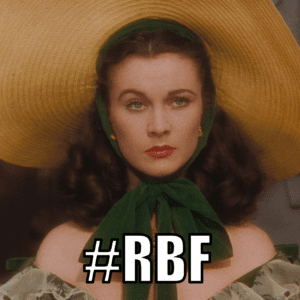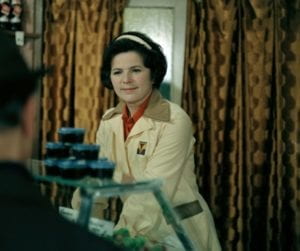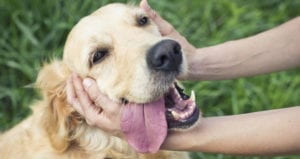Now that you’ve been in the Czech Republic for some time, you have probably ended up having some interactions or even a full conversation with locals. And I am sure you have spotted some differences between your home and the Czech Republic in this respect. Let’s have a look at the most common ones.
Czechs are cold and don’t smile

You will read this in every article or guidebook you come across. It is actually not untrue, if you’re walking on the street and need help, or if you go to a shop and ask a question. But, if you put time and effort into getting to know Czechs better, they will open up and you will find that we are actually (generally) very pleasant and interested in getting to know you.
Asking questions on the street/in a shop

If you’re lost, and need help, you cannot expect the locals to come running to point you in the right direction – you have to actively stop someone and ask. The best way is to say dobrý den and then Promiňte = excuse me or Prosím Vás = please, Mluvíte anglicky? = do you speak English?, and then ask your question. People will generally try to help, unless they are in a hurry.
Dogs

You may have seen that many Czechs have dogs and they let them walk on their own without a leash very often. If you are a dog lover like me, and want to pet every single one you come across on the street, ask first. You can simply point to the dog and ask the owner Dobrý den, můžu? = Hi, may I?
Greetings and Introductions

You probably know that it is important to say Dobrý den when you enter a shop, a restaurant, an elevator or a waiting room and to great your immediate neighbors on the train, and to say Na shledanou! when leaving, but what about meeting Czechs?
In formal settings, a good firm handshake is the way to go. If you are addressing people in formal settings, using Mr./Ms./Mrs. and last names unless instructed otherwise is common. If you are in an academic setting, it is common to address people by their academic title, such as Mr. Professor.
In less formal settings, it depends on the person you are meeting, sometimes they will go for a hug, sometimes for a kiss on the cheek, and sometimes no physical contact is involved.
How are you?

You may have heard this already, but there is a big difference in the way people greet each other. You might be used to automatically saing Hi, how are you? or How’s it going? without really expecting anything more than Good, and you? Well, that’s not the way it works in the Czech Republic. If you ask a Czech person how they are, they will very likely interpret it as a genuine invitation to tell you all about their day, not sparing you any details including the unpleasant or TMI classified ones 🙂 So, if you don’t have time or are not in the mood for that, a simple “Dobrý den” (formal) or “Ahoj” (informal) will do the job.
Level of Formality
Did you know that Czech has formality embedded in the language itself? We actually use two different modes of addressing a person we don’t know or have a formal relationship with, such as our boss, teacher, doctor, etc. (vykání) and another, informal mode (tykání) for our family and friends (including pets:). This is why some Czechs may overcompensate for the lack of this feature in English by addressing you more formally.
Conversational Topics
When talking to Czechs, good conversational topics are hobbies, sports (especially hockey) and outdoor activities in general, as Czechs love the outdoors – just try asking about mushroom picking or mountain biking. Politics are a frequent topic, but just be aware that the debate may get quite heated. Weather is also a safe option, however it is not discussed to the same extent as in other countries.
If you want to steer clear of conversational faux-pas, it is advisable not to refer to the Czech Republic as Czechoslovakia (unless you’re actually talking about the past) and not to refer to the Czech Republic as being a part of Eastern Europe insted of Central Europe, as many Czechs are quite sensitive to that.
